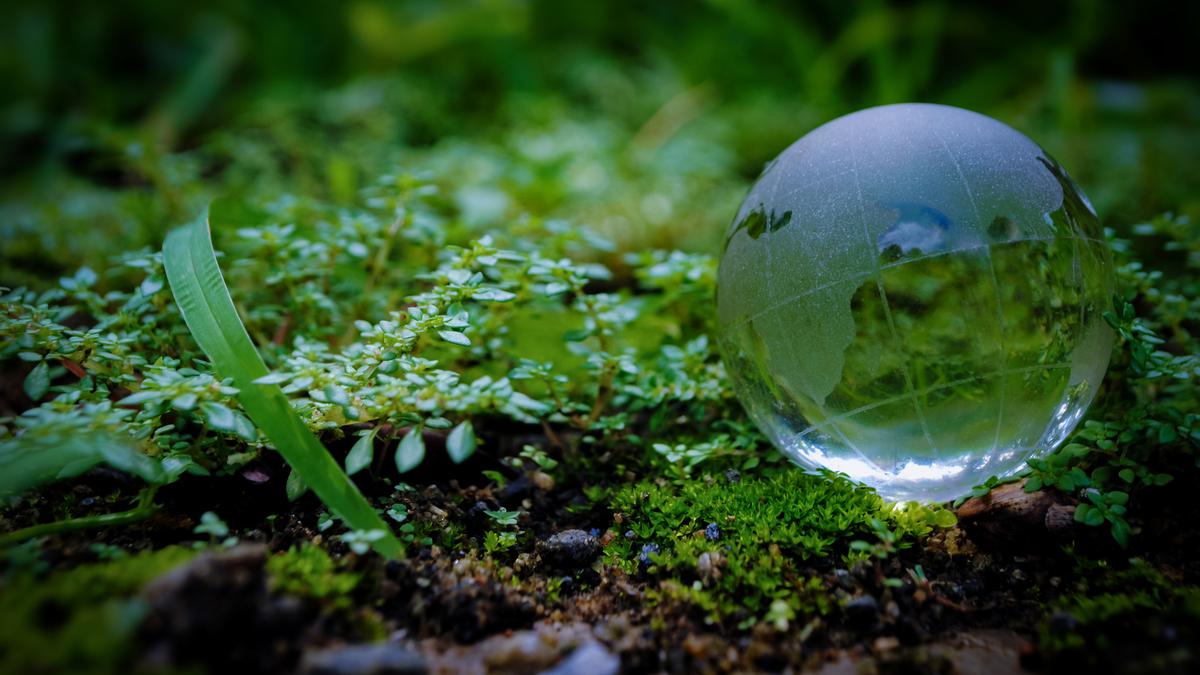
Peeling away the layers | Review of poet Ranjit Hoskote’s new collection ‘Icelight’
The Hindu
.Ranjit Hoskote is a celebrated poet, writer, curator, cultural theorist, and archivist. In his eighth collection of poems, Icelight, he explores the precarious knife’s-edge between transience and immortality, belief and betrayal, family and anonymity, faith and fragility. Through vivid language and often-sardonic humour, the collection contemplates the exigencies of 21st century life, the need for language, our shared humanity, and what constitutes home in the cosmic flux of genocides, viruses, and climate crises. Hoskote’s works display an urgency for the chronicling of things, lest they be forgotten or rewritten. Icelight is an ode to our existential crumbling, a call to remember and commemorate the light despite everything.
Ranjit Hoskote is at a moment of reckoning. In Icelight, the celebrated poet and writer’s eighth gathering of poems, there is an imaginary point somewhere on this earth, perhaps an address that most resembles home, where contrasting fortunes are being played out on a precarious knife’s-edge — transience and immortality; belief and betrayal; family and anonymity; faith and fragility. At stake is conceivably everything we think of as our own. Humans, plant and animal life, lived histories, the filigree of memory, perhaps the impending narrative of the world itself.
Divided into six passages that broach the life endangered, Icelight doesn’t shy away from peeling the surface layers of things — be it a nation’s moral fulcrum, the threatened wails and concurrently proud stance of the ecological world, or Hoskote’s own meditations on loss — the loss of family, the relinquishment of a private ideal. We are/ what we’ve lost, he claims in ‘Bed’; a few pages earlier in ‘Noor’, written in memory of the artist, printmaker and minimalist Zarina Hashmi, these words that serve almost as a prescient counterpoint — What we’ve lost/ reclaims us.
A sense of the earth’s ephemerality is never too far. In these days of hurtling climate change and collective human ennui, the poetry at times feels like a clarion call, at others a mark of departure, of things having tipped beyond the tipping point. What if the earth slowed down, pulled off its gloves/ and raised its knuckles to the late spring? Hoskote ponders in ‘Postscript’. ‘What Did I Miss?’ documents a moment of waiting at the breakwater for the big spinnaker to bloom in the east/ coaxing the shaken cantilevered hills/ to link together/ in a final landscape/… No flights land.
In ‘Planet’, the writer offers this warning:
About time
this blunted earth opened up and swallowed
its shiftless sons











